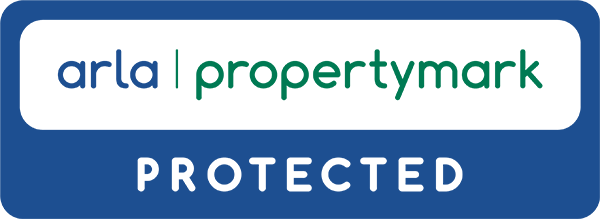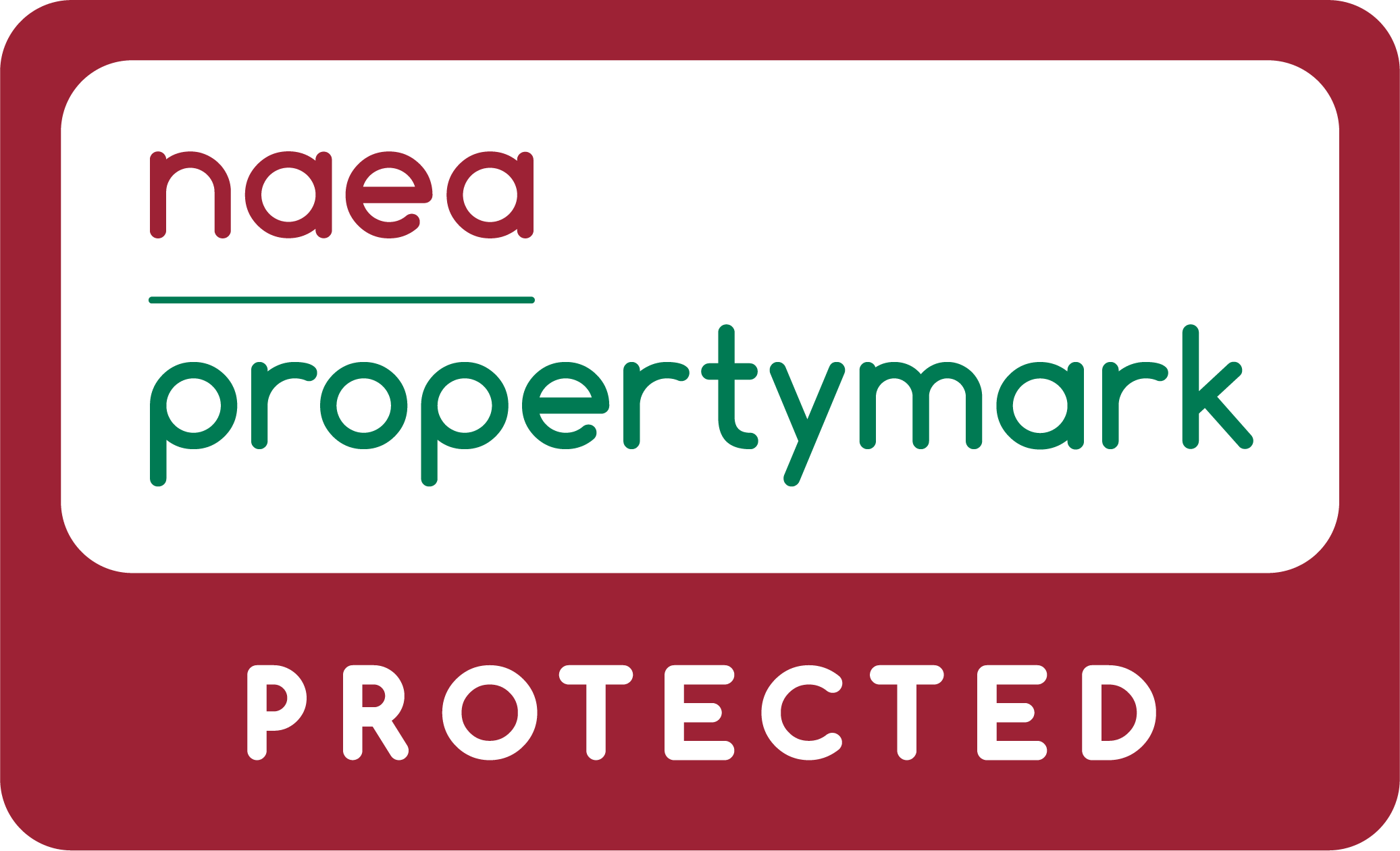Renters' Rights Bill FAQ
What is the Renters' Rights Bill?
The Renters' Rights Bill is a major piece of legislation that reforms the private rental sector in England. It strengthens tenant protections, limits certain landlord practices, and introduces clearer rules around possession, rent reviews, and tenancy standards.
When will the Renters' Rights Bill become law?
The Bill is scheduled for its final stage in the House of Commons on September 8. Once both Houses agree on the wording, it can receive Royal Assent and become law. Some reforms may take effect quickly, while others will be phased in over time.
Will Section 21 be abolished under the Renters' Rights Bill?
Yes. The Bill abolishes Section 21 ‘no fault’ evictions, replacing it with a system where all tenancies are periodic. Landlords will need valid grounds for possession, which are being updated and clarified in the Bill.
How will the Renters' Rights Bill affect student accommodation?
Purpose-built student housing is exempt from some rules if providers comply with government codes. HMO landlords letting to students can use a new mandatory possession ground, but tenants must be given written notice of this intention before moving in.
Does the Renters' Rights Bill change rent in advance rules?
Yes. Landlords will only be able to request one month’s rent in advance, making renting more accessible for those without large savings.
What does the Renters' Rights Bill say about rental bidding?
The Bill bans rental bidding wars. Landlords and letting agents must advertise a clear asking rent, and it will be illegal to accept offers above this figure.
What happens with rent increases under the Renters' Rights Bill?
Rent can only be increased once per year, and landlords must use a government-issued template form. Tenants can appeal increases to an independent tribunal if they believe the rise is unfair.
How will possession grounds change under the Renters' Rights Bill?
- Notice periods will usually be 4 weeks or 4 months, depending on the reason.
- Landlords reclaiming homes to sell or move into must provide supporting evidence.
- A ‘no re-letting period’ of 6–12 months may apply to prevent quick turnaround evictions.
What is the Private Rented Sector Landlord Ombudsman?
The Bill creates a new PRS Ombudsman, which all landlords in England must join. This service will help tenants resolve disputes more quickly, without having to go to court.
What is the Private Rented Sector Database?
The Bill introduces a national PRS Database to improve transparency. While details are still being finalised, it will likely contain information on landlords and properties, some of which may be publicly available.
How does the Renters' Rights Bill deal with housing standards?
The Decent Homes Standard and Awaab’s Law, already in place in the social sector, will be extended to private rentals. These rules are aimed at tackling unsafe and poor-quality housing, though full implementation is not expected until 2035–37.
How will the Renters' Rights Bill affect landlords?
Landlords will face stricter rules on rent increases, possession, and tenancy management. They will also need to join the PRS Ombudsman and comply with the new database requirements. However, they will still have legal grounds to regain possession when necessary.
How will the Renters' Rights Bill affect tenants?
Tenants will gain greater security and protection, including an end to no-fault evictions, limits on advance rent and rental bidding, and stronger rights to challenge rent increases.
Does the Renters' Rights Bill apply across the UK?
No. The Bill applies to the private rented sector in England. Scotland, Wales, and Northern Ireland have their own rental housing legislation.






